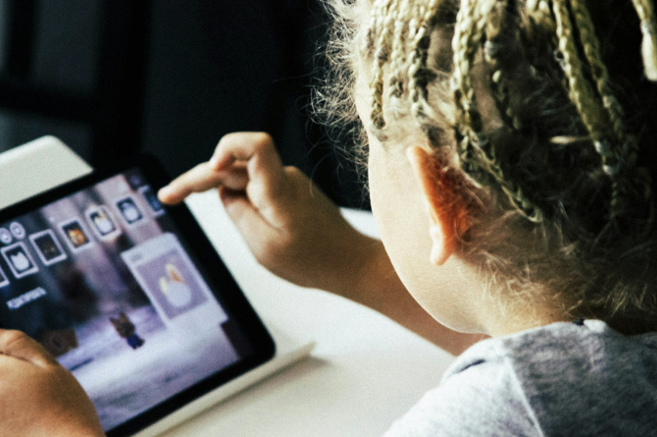
The government of New Jersey has warned that screen time among high school students is increasing and has expressed its concern about the link between screen time, physical activity, and child overweight and obesity. Of course, excessive screen time affects children of all ages, as they spend an average of seven hours and three minutes per day on their devices. Obesity is one major problem, but so is children’s mental health. Studies have shown that more screen time is linked to symptoms of depression, anxiety, inattention, and aggression. The question remains—how can parents in New Jersey protect their children from screen overuse while ensuring they benefit from all the educational and social benefits that the Internet can bring?
Embracing Daily Schedules
Setting schedules is something that adults with efficient time management skills do regularly, but childhood is the perfect time to get kids used to prioritizing their time and following daily routines. Their daily schedules should include study time, playtime, bonding time with family, sleep time, and a little screen use if desired. The American Academy of Child & Adolescent Psychiatry (AACAP) recommends that screen time should be limited as follows: until 18 months of age—only video chatting with parents; between 18 and 24 months—watching educational programs alongside a caregiver; between 2 and 5 years old—about 1 hour per weekday and 3 hours on weekends; ages 6 and older—encouraging healthy habits and limiting activities that include screens. The AACAP also recommends that parents ensure kids stop using screens between 30 and 60 minutes before bedtime.
Harnessing the Power of Technology
Technology such as digital alarms can alert kids regarding when their time is up. The app, Kids Alarm Clock, is specifically designed for kids. It allows you to move the clock hands to set the time and select pictures and music. If your kids are iOS users, teach them how to use Hey Siri to set a series of alarms to remind them when to transition between activities such as study, snack time, and screen time. Complement these tools with techniques such as the Pomodoro Technique, which involves specified periods of focused work (usually lasting 25 minutes) followed by short breaks (lasting around 5 minutes). This aids in concentration and prevents burnout. Kids can use online reminders like Pomofocus.io to keep them on track.
Choosing the Right Tech Gifts
Gadgets and devices are often given to kids during birthdays and the holidays, but choosing the right tech items can make a big difference in terms of how your kids use screens. For instance, purchasing headphones or earbuds for your child instead of the latest version of their gaming console can spark an interest in podcasts, music, and other educational and cultural content. There are many educational devices and software items that engage kids and offer them a break from online surfing or gaming. These include e-readers, coding toys such as Artie Max and PYXEL, and software like Adobe Illustrator for digital art. While these devices still involve screen use, they are totally different in nature to standard tablets and smartphones, which kids mainly use to surf social media like Instagram, YouTube, and Snapchat.
Offer Children Opportunities to Engage in Outdoor Activities
Being outdoors has a powerful effect on children’s physical and mental health, with studies showing that outdoor play improves motor skills, improves immune function, promotes social relationships, enhances attention and focus, and reduces stress and anxiety. Outdoor play also boosts creativity and problem-solving in kids, as they learn to invent games, explore nature, and employ critical thinking skills. If kids are signed up for activities they love (thinking outdoor hiking, swimming, or foraging), they are less likely to even think about their screens. While you are out in a setting like a park or a forest area, teach kids relaxation techniques such as controlled breathing or mindfulness meditation; there is no better setting to learn the power of “being in the here and now” than when one is in the presence of the majesty of nature.
Children spend various hours a day using screens, and they gain many educational and social advantages from doing so. However, excessive screen time is also linked to obesity, anxiety, and depression. To keep your kids on track, limit their daily screen time by establishing a routine. Choose educational gadgets and ensure they have plenty of opportunities to play with other children outdoors.